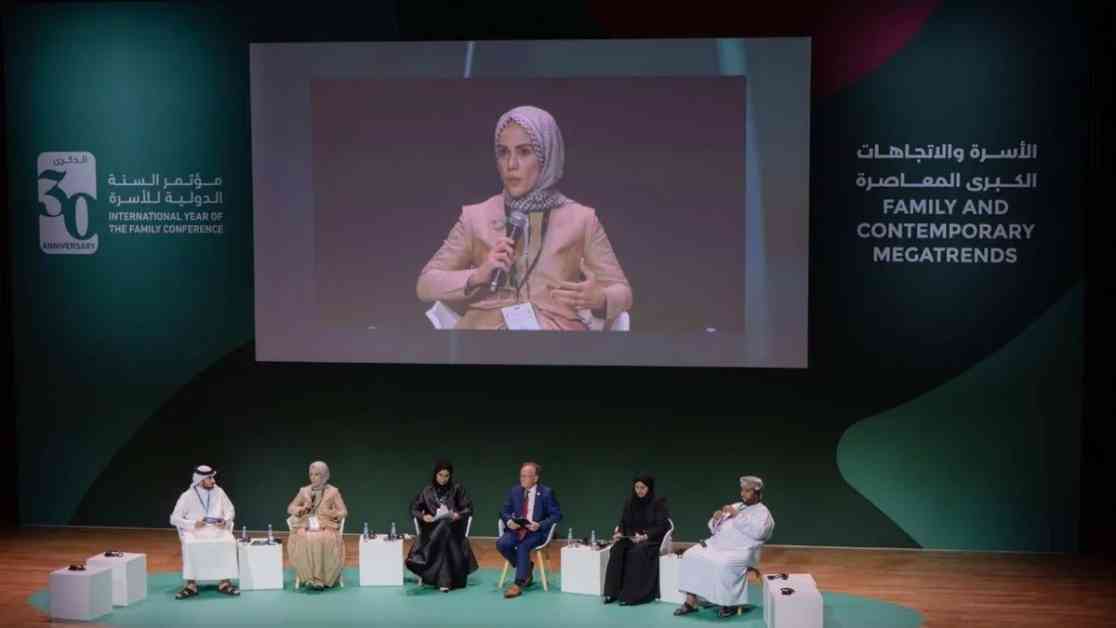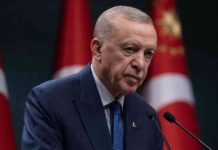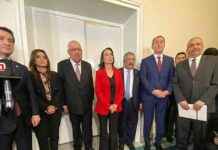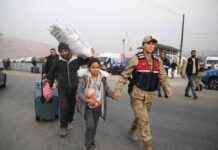Digital Transformation and Family Evolution in Qatar: Insights from Dr. Esra Albayrak
As the world celebrates the 30th anniversary of the United Nations-supported International Year of the Family, a conference themed “Family and Current Megatrends” was held in Doha, Qatar, emphasizing the importance of family in the digital age. Dr. Esra Albayrak, the Chairperson of the Nun Education and Culture Foundation and a member of the Institute’s Social Executive Board, participated in a special session alongside Riem el-Mansurî, a Member of the Qatari Advisory Council, Senator Stuart Adams from Utah, and academician Abeer M. Al-Khalifa, the Project Manager for Basic Education at the Qatar Foundation. During the session, Dr. Albayrak highlighted the impact of digitalization on family bonds, emphasizing the need to reinvigorate the concept of “family wisdom” in every society.
The Effects of Digitalization on Families and the Concept of “Family Wisdom”
Dr. Albayrak presented the findings of the research conducted by the Institute’s Social on “The Transformation of Families in the Digital Age: New Generational Bonds and Dynamics,” discussing the positive and negative effects of digitalization on intra-family communication, sharing, and solidarity. She pointed out that excessive use of digital tools can isolate family members, leading to detrimental effects on children’s development and family ties. Albayrak highlighted that digitalization, especially disrupting intergenerational transmission, weakens family bonds. She emphasized the need to re-establish the functionality of family wisdom as a solution. Families should be educated on balanced technology usage to cope with the risks posed by the digital world.
Parenting Education Programs and Policy Recommendations
Dr. Albayrak emphasized the importance of the Family Development Program conducted by the Institute’s Social and awareness-raising educational initiatives aimed at helping families deal with the negative impacts of digitalization. She discussed providing parents with digital literacy to ensure children grow up safely in the digital environment. Within these programs, she stressed the need to encourage families to develop a conscious and exemplary approach to technology usage to strengthen intra-family communication.
Furthermore, the conference shed light on the importance of safeguarding families at risk of fragmentation due to humanitarian crises and forced migrations, particularly in Gaza. It underlined the necessity of protecting and supporting families in the face of crises that deeply impact societies. Dr. Albayrak called on the international community to take responsibility in empowering families in Gaza and highlighted the vital role of intra-family bonds as a conflict resolution tool in cultures at risk due to conflicts and poverty.
Discussing the creation of a safe family environment in the digital age, Dr. Albayrak presented recommendations on how families can enhance solidarity as a conflict resolution tool. She emphasized the significance of fostering unity within families to navigate the challenges posed by digitalization effectively.
The Future of Digitalization and Opportunities
Dr. Albayrak suggested that technology, when used consciously, can strengthen intra-family relationships. She stated that artificial intelligence and digital tools can be utilized to support family bonds effectively. To achieve this, she highlighted the importance of conducting new research on the societal impacts of digitalization and the development of family policies in alignment with these findings.
In conclusion, the conference called for enhancing the functionality of a “family wisdom” that places the family at the core of society. Dr. Esra Albayrak’s insights provide valuable perspectives on navigating the challenges and opportunities presented by digital transformation in families, emphasizing the need for conscious technology use and the revitalization of traditional family values in the modern era.











